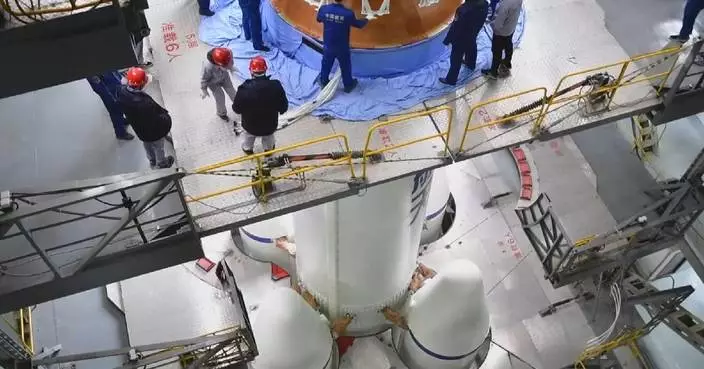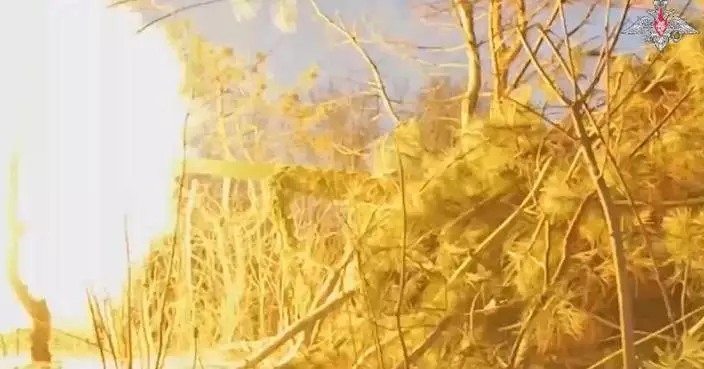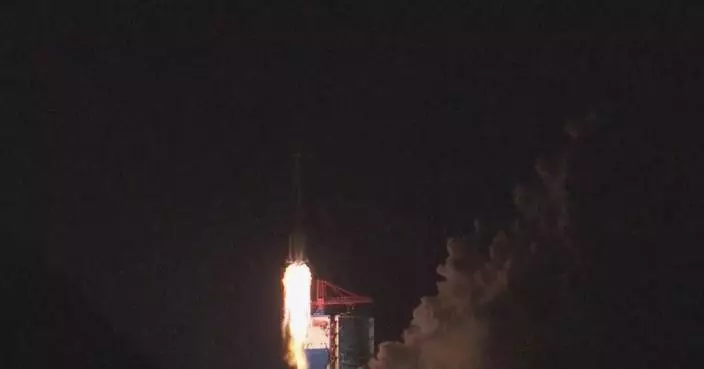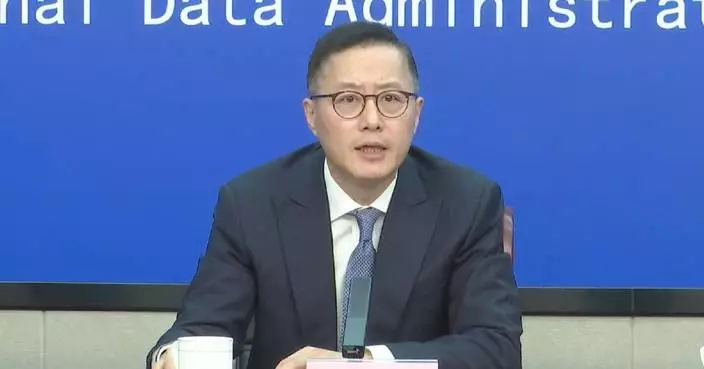Personnel exchanges across the Taiwan Strait saw a yearly increase of 62 percent over the past year, thanks to the Chinese government’s 10 measures to optimize exit-entry services for compatriots in Taiwan adopted a year ago.
The measures were officially implemented on Jan 1, 2024 by the National Immigration Administration, aiming to offer convenience for Taiwan residents living in east China's Fujian Province and deepen the integrated development across the Taiwan Straits.
With these measures in place, cross-Strait personnel exchanges have increased significantly. The "mini-three-links" passenger sea routes connecting Fujian with the Taiwan-administered Kinmen and Matsu have enabled compatriots on both sides of the Strait to visit relatives and friends more frequently, and tourism has become more popular, injecting vitality into cross-Strait exchanges and cooperation.
"It is very convenient for us traveling or visiting relatives, and the ferry tickets are relatively cheap. There are more ferry routes now and the time is relatively fixed," said a visitor from Kinmen.
"I have been here many times and have not encountered any inconvenience. It's quite fast to go through customs, since first of all, I have a mainland travel permit for Taiwan residents, which make things quite convenient for people in Taiwan," said another visitor from Taiwan.
Statistics show that in 2024, the Fujian border inspection authorities inspected 1.766 million Taiwanese people entering and leaving the mainland, provided convenient customs clearance services for 432,000 people, and provided 24/7 customs clearance services for more than 17,000 ships traveling between Fujian and Taiwan, an increase of 56.5 percent, 259.2 percent, and 29.7 percent year on year, respectively.
"To actively respond to the continuous increase of entering and exiting passengers, we've been proactive in contacting the terminals and ship agents to get their additional shipping schedules in advance. We also closely monitored changes in passenger flow at ports, enhanced early warning service for passenger flow peaks, and strengthened guidance and diversion measures to ensure rapid customs clearance for passengers at all times," said Shen Wenjuan, director of the border inspection division under the Xiamen Gaoqi Border Inspection Station.
Relevant departments said that in the future they will continue to optimize and improve the implementation of various policies and continue to deepen exchanges in various fields across the Taiwan Strait.
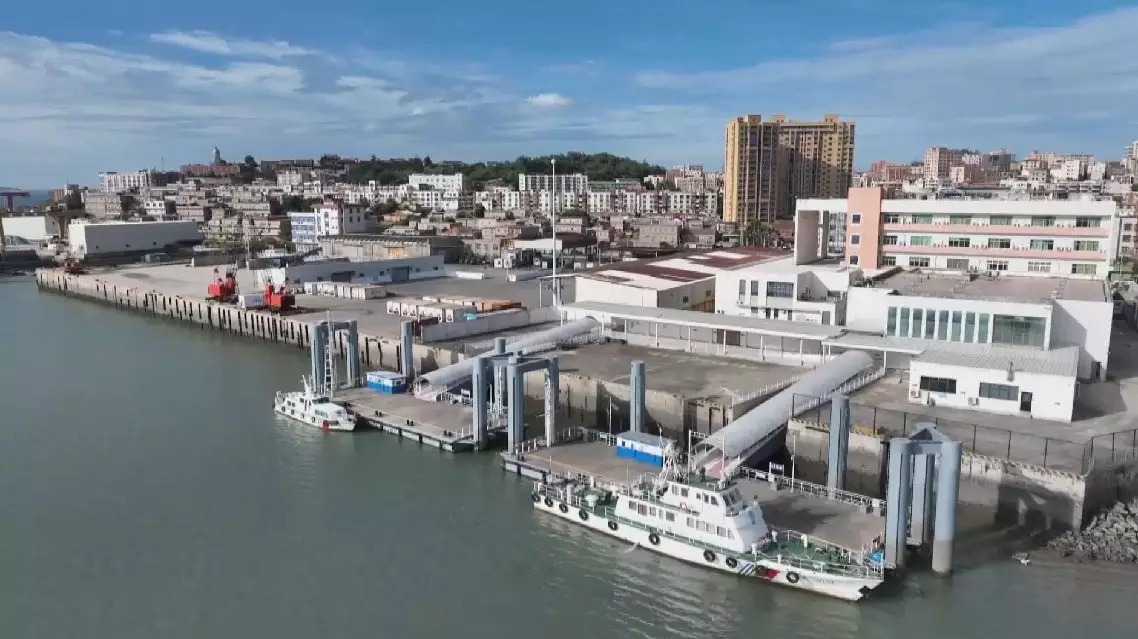
Government measures boost cross-Strait personnel exchanges in 2024
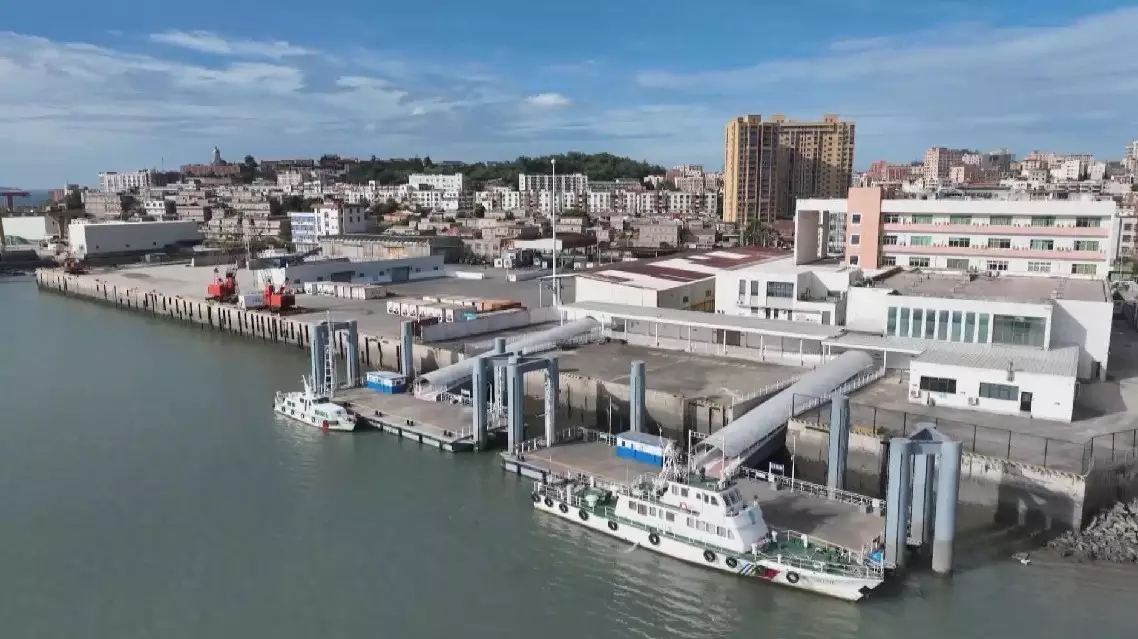
Government measures boost cross-Strait personnel exchanges in 2024
Canadian Prime Minister Justin Trudeau announced Monday that he is stepping down as the Liberal Party leader but will stay on as prime minister until a new leader is selected, while the opposition leader complained that "nothing has changed".
The prime minister said Governor General Mary Simon had granted his request to prorogue Parliament until March 24.
"Nothing has changed," federal Conservative Leader Pierre Poilievre said on his social media, questioning what has changed with Trudeau's announcement.
"Every Liberal MP and Leadership contender supported everything Trudeau did for nine years, and now they want to trick voters by swapping in another Liberal face to keep ripping off Canadians for another four years," said Poilievre, the official opposition leader.
Trudeau is facing a revolt within his caucus and dismal public opinion polls, which indicate that his party is likely to be swept from power by Pierre Poilievre's Conservatives in an election, according to local media.
The House of Commons was scheduled to resume on Jan. 27, with the Conservatives planning to advance a non-confidence motion. Other opposition parties had indicated their readiness to bring down Trudeau's minority Liberal government. Trudeau's request for prorogation buys the Liberals time to run an expedited leadership race without facing a confidence vote.
A new session of Parliament would begin with a Speech from the Throne, setting the stage for a key confidence vote that could trigger a federal election in May if the Liberals fall.
Trudeau's decision to continue as prime minister through the next two months comes as Canada braces for the start of U.S. President-elect Donald Trump's second term and his threats of 25 percent tariffs on imports from Canada.
A majority of members of Parliament from the regional Liberal caucuses told Trudeau over the Christmas break that he must step aside. A national, daylong caucus to discuss the matter had been set for Wednesday, but this is now moot with a leadership race underway.
Liberal members of Parliament and party members will be briefed in the coming days on the party's constitution and caucus' role in the upcoming leadership campaign. According to the Liberal Party of Canada's constitution, "upon the occurrence of a leadership trigger event," or if the leader announces resignation, a meeting of the national board of directors must be called within 27 days. In consultation with the caucus, the board could appoint an interim leader. The top party officials would also be required to set a date for a leadership vote and other parameters around the race.
Trudeau has been the leader of the Liberal Party of Canada since 2013 and prime minister since 2015.
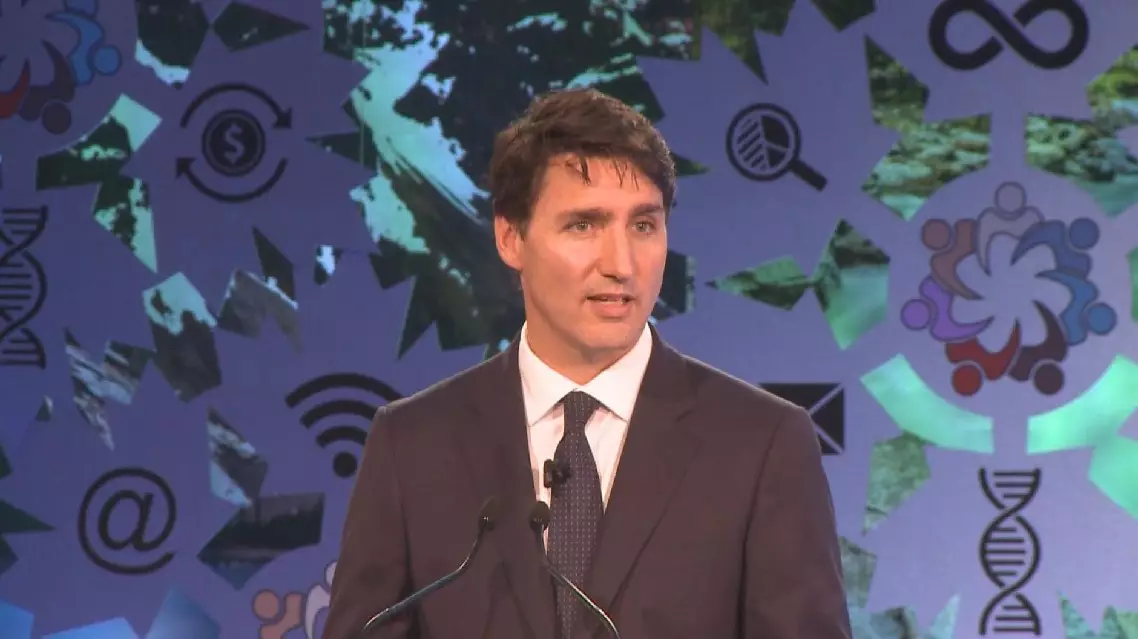
Canadian prime minister to step down as opposition complains "nothing has changed"






